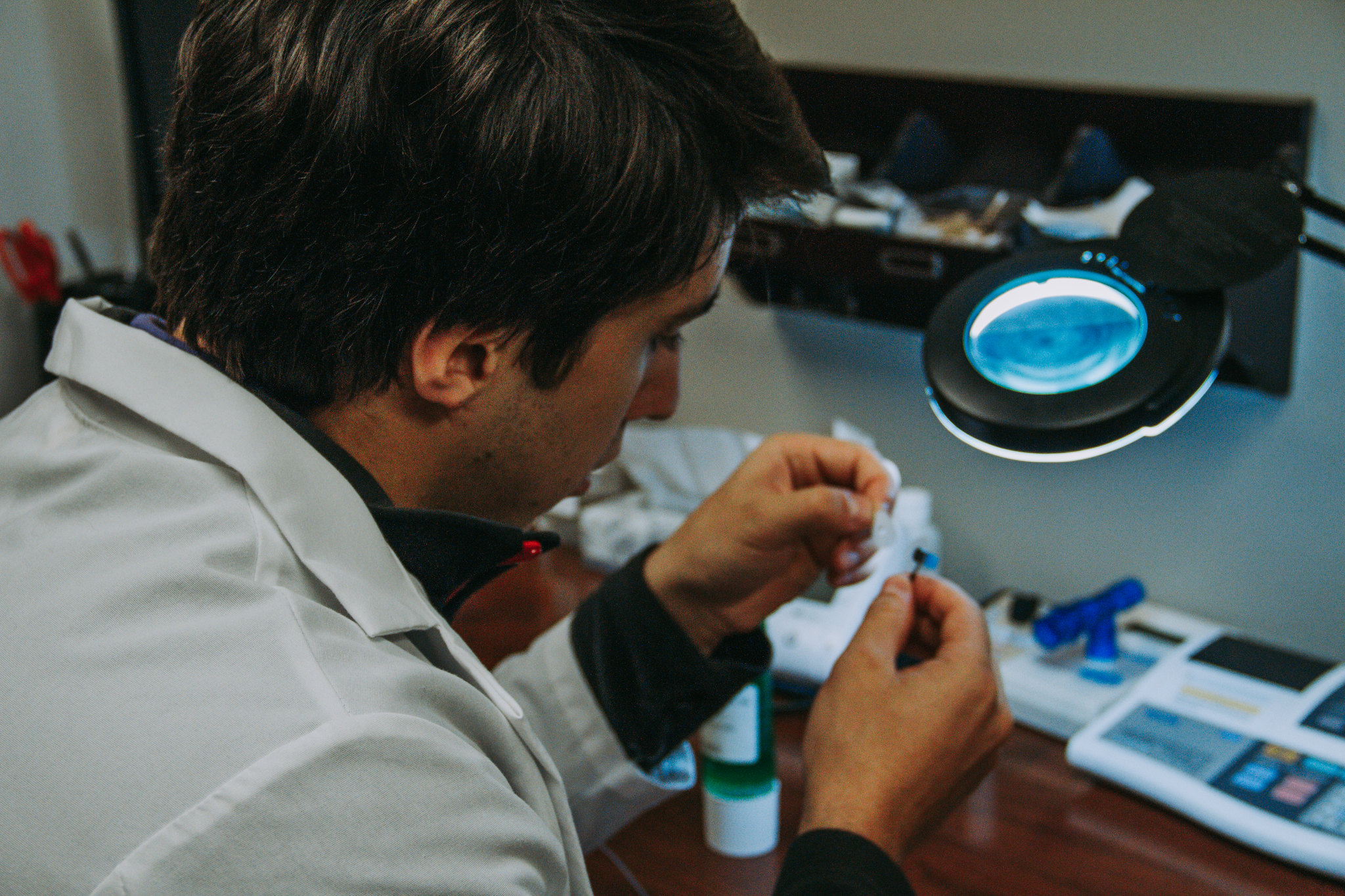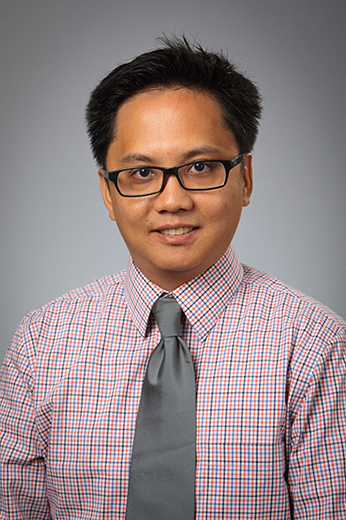
Center for Addiction Recovery Research
Considered a larger organizational umbrella comprised of several research labs headed by Community, Family, and Addiction Sciences (CFAS) department faculty, the Center for Addiction Recovery Research (CARR) is dedicated to research aiding in the treatment and prevention of addiction.
"We want to be at the forefront of addiction and recovery research, producing and
disseminating high quality research," explained assistant professor Antover Tuliao,
Ph.D. "But at the end of the day, we never forget the human component and the reason
why we are doing this: we want to alleviate the human cost of addiction, improve the
delivery of prevention and treatment among those who need it, and uplift the lives
of those afflicted with the disease." 
Tuliao, who heads the Center for Addiction Recovery Research, said that much of the center's efforts are focused on broad topics such as the causes of addiction, how the treatment of people struggling with addiction issues can be better improved, and how recovery can be facilitated while preventing relapse.
Tuliao and fellow colleagues also study a broad spectrum of addictive behaviors from alcohol and other drugs to behavioral addictions such as gambling. In studying these addictive behaviors, Tuliao and his colleagues examine addiction through multiple lenses and levels, starting from individuals to families to public policies while utilizing various methodologies from experimental to neurophysiological to qualitative interviews.
CARR provides various opportunities for students to be involved in the process of carrying out addiction and recovery research. These opportunities can range from collecting and summarizing scientific literature for an ongoing study to coauthoring peer reviewed publications and present their own research at research conferences such as the Texas Tech University Undergraduate Research Conference. Students may also participate in helping run a study alongside Tuliao, which he says helps students learn about the ethics involved in conducting research, how to conduct a study, how to use different research equipment, and how to design a research study and experiments.
As Tuliao explains, each skill students acquire in their time volunteering in CARR, or fellow CFAS labs, are meant to develop the skills they would need in their future career, whether it be in research, academia, healthcare, or the industry setting. However, the main goal Tuliao and his colleagues hope to achieve through volunteer opportunities and mentorship is to motivate their students to continue their pursuit of addiction research and to help those within society struggling from the disease of addiction.
"We want students to be as enthusiastic as we are in solving the addiction problem and in helping individuals with addiction issues," Tuliao said. "But at the end of the day, we want to communicate to the students the idea that the research we are doing is helping improve the lives of individuals suffering from addiction."
Current ongoing or upcoming research projects from Tuliao and his colleagues include the following:
- Jon Webb, Ph.D., is currently studying the role of forgiveness and other positive psychology – and spirituality – related variables on various mental and physical health behaviors, including addiction, recovery, and suicidal behaviors.
- Devin Mills, Ph.D., is primarily focused on behavioral addiction (e.g., gambling, gaming/internet addiction), and he is currently looking at the role of various personality variables and suicidality.
- Carissa D'Aniello, Ph.D.'s, work is focused on the family members of individuals with substance use issues. Particularly, D'Aniello's team is doing interviews of family members of individuals with substance use disorder, asking about various topics such as caregiver strain, coping and support needs. They are also in the process of asking about caregiver's preferences and needs for how they receive support and treatment services.
- George Comiskey, Ph.D., and Heather Austin-Robillard, Ph.D., will be conducting a research on adult children on alcoholics.
- Antover Tuliao, Ph.D. (along with fellow researchers from various universities and departments), are in the middle of a NCAA-sponsored study (NCAA Team Effort Study) that examines whether a text-messaging intervention would help reduce alcohol related problems among TTU students (in collaboration as well with the TTU Athletics Department). Tuliao is also working on experimental research looking at how individuals with addiction issues choose what type of addiction treatment they would benefit from.
